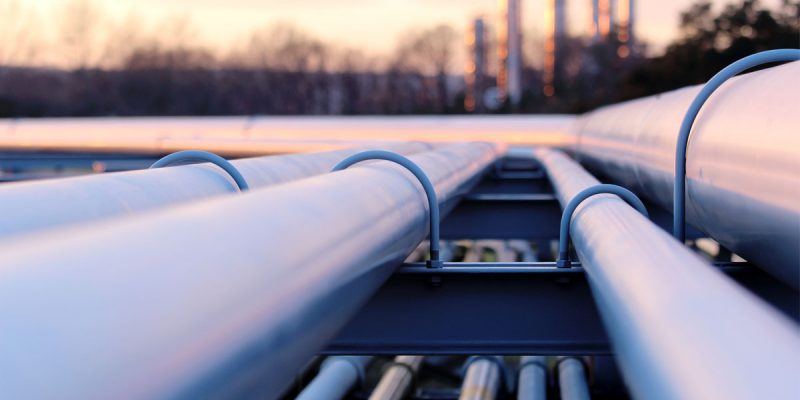Oil Production in Texas has reached such incredible heights that there has developed a scramble to effectively transport oil off the drill site. All across the state wells are popping up faster than transportation can effectively be established. This has lead to massive infrastructure plans to emerge and give rise to the next wave of job creation in Texas. It will come by way of oil pipelines.
West Texas is home to the Permian Basin, where oil wells are popping up like daisies. Currently, “pipeline capacity out of the region is just 3.5 million barrels a day, according to the energy research firm Wood Mackenzie,” The Houston Chronicle reports. Meanwhile, “crude oil production in the Permian has reached 3.6 million barrels a day,” creating a transportation dilemma that has resulted in inefficient transportation methods.
Oil producers are forced to turn to alternative short term solutions, such as trucks and rail, to keep production flowing off the worksite. This is soon all to change though, as major oil pipelines are to be built and come online between 2019-2020.
Pipeline giants are teaming up to develop major projects in response to the growing demand. “Energy Transfer Partners, Magellan Midstream Partners and others are teaming up on a new, 600-mile Permian pipeline system to Houston,” the Chronicle notes. “Dallas-based Energy Transfer and Oklahoma’s Magellan said they’ve partnered with Israel’s Delek Group and Ohio-based MPLX…to fund the construction of [a] multibillion-dollar pipeline project.”
To put in perspective how much work is to be done in this field, a few other major projects include, “San Antonio-based EPIC Midstream Holdings is moving forward with the 730-mile EPIC Crude Oil Pipeline projects to carry oil and natural gas liquids from the Permian to Corpus.” Additionally, “Houston’s Phillips 66 said it is moving forward with its planned Gray Oak Pipeline to carry crude from West Texas to Corpus Christi, Sweeny and Freeport.”
Every one of these projects are major job creators. Pipelines this large can easily create thousands of jobs a piece. Altogether, job creation in Texas could soon spike into the tens of thousands by means of oil pipelines alone.
Advertisement
Direct job creation is thus to soar into the five figures. However, there is plenty of reason to believe that the creation of these oil pipelines would bring about other employment opportunities. For the first time since 2017, oil production in Texas “declined about 2 percent in June, compared to the same month a year earlier,” reports the Railroad Commission of Texas. “Analysts attributed the decrease to the pipeline shortage.”
The Chronicle notes, “A recent analysis by the London consultancy Westwood Global Energy Group estimated that pipeline constraints could delay as much as $1.4 billion of investment in the Permian and keep 345 wells from getting completed in the second half of this year. That means the wells have been drilled, but not hydraulically fractured, or fracked, to begin producing oil and gas.”
The lack of pipeline has dramatically undercut potential productivity in the region, as to-do work continues to be backlogged without adequate means to handle the sheer quantity of oil in the basin. “The number of these drilled but uncompleted wells, known as DUCs, have increased significantly in the Permian. The Department of Energy estimated 3,470 DUC wells in the Permian in July, up 80 percent from just over 1,900 a year earlier.”
Thousands of wells are thus awaiting for mining to begin, and pending further employment opportunities to be filled until the creation of more oil pipelines. Rapid employment growth is sure to come with the production of these pipelines across the plains of Texas. In turn, lasting job creation will spread across the oil fields primed and waiting to be mined.
Advertisement
Advertisement

